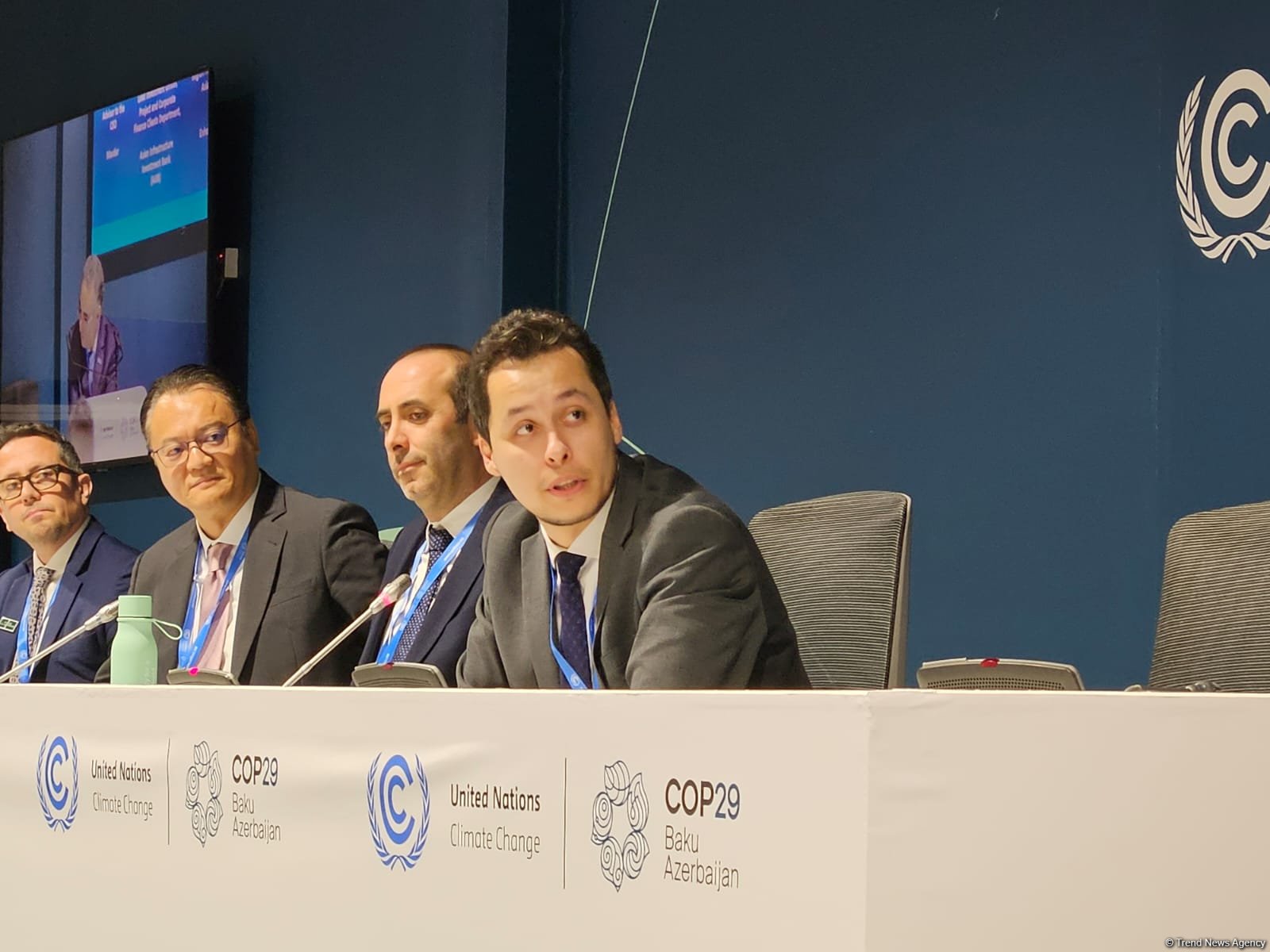NATO announced Friday that it is beefing up its troop presence in Kosovo after four people were killed in a shootout last weekend and as the U.S. expressed concern about a buildup of Serbian forces along the border of its former territory.
Kosovo’s prime minister welcomed NATO’s decision, saying that Sunday’s attack, involving around 30 gunmen, is a new sign that Serbia wants to destabilize its former southern province with the help of ally Russia.
“These people want to turn back time,” Prime Minister Albin Kurti told The Associated Press. “They want to turn the clock back by 30 years. But that is not going to happen.”
In 1999, NATO launched a bombing campaign on Serb positions to halt a crackdown on separatist ethnic Albanians in Kosovo and end a war that left around 10,000 people dead, mostly ethnic Albanians.
Earlier on Friday, Kosovo police raided several locations in a Serb-dominated area of the country’s north, where the weekend violence left one Kosovo police officer and three Serb insurgents dead, raising tensions to a boiling point.
WATCH | Clashes in northern Kosovo earlier this year:
More NATO troops are on their way to keep the peace in Kosovo as tensions between ethnic Serbs and Albanians heat up. Recent clashes have raised fears of a return to the violence of the late 1990s.
Police said in a statement that they were conducting searches at five locations in three municipalities linked to Sunday’s shootout in the village of Banjska in northern Kosovo. It was one of the worst confrontations since Kosovo broke away from Serbia in 2008. Belgrade refuses to recognize it as independent.
NATO said Friday that extra U.K. troops would be placed under the command of its Kosovo force “if needed, to address the current situation.” The force currently consists of around 4,500 troops.

In Sunday’s attack, about 30 masked men opened fire on a police patrol near Banjska before breaking down the gates of a Serbian Orthodox monastery and barricading themselves inside with the priests and visiting pilgrims. The 12-hour shootout that followed left one police officer and three gunmen dead.
John Kirby, spokesperson for the White House National Security Council, said the attack was “well-coordinated and planned,” adding that the size of the weapons cache found during the attack threatens the safety of Kosovo officials and international personnel, including NATO troops.
“Everyone who was involved in planning and carrying out this attack needs to be brought to justice,” he said.

Kirby also said U.S. officials were monitoring a large deployment of Serbian troops along the border with Kosovo, describing it as an “unprecedented staging of advanced Serbian artillery, tanks and mechanized infantry units.”
Serbian President Aleksandar Vucic denied that there has been any buildup.
‘De-escalation is needed’
In a separate interview with the AP, Kosovo President Vjosa Osmani hailed NATO’s decision to bolster its forces. Both Osmani and Kurti described the weekend violence as an “act of aggression” against Kosovo and demanded that Serbia be punished.
Osmani also referred to Vucic as a “proxy” of Russian President Vladimir Putin. There have been fears in the West that Russia, acting through Serbia, may want to destabilize the Balkans and shift at least some of the attention from Moscow’s full-scale invasion of Ukraine.
Russia has voiced support for Serbia over the recent clashes, blaming the West for allegedly failing to protect Kosovar Serbs.
In Belgrade, Vucic said he had spoken on the phone with U.S. Secretary of State Antony Blinken, and they “agreed that de-escalation is needed,” along with a greater role for NATO’s Kosovo force.

He described the gunmen in the weekend attack as ordinary people who rebelled to “protect their homes.”
“I will not call the Serbs terrorists,” Vucic said. “I don’t care what anyone in the world thinks.”
European Union officials have described last weekend’s shootout as a “terrorist attack.”












;Resize=(1180))







Discussion about this post